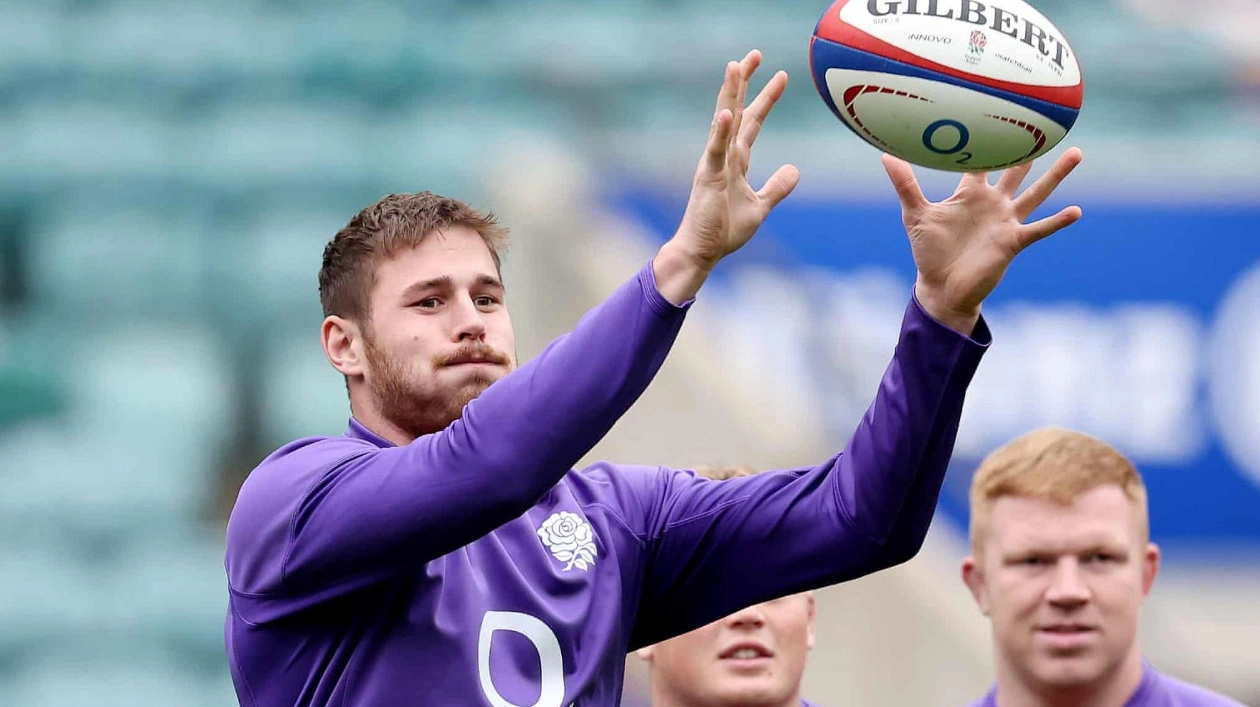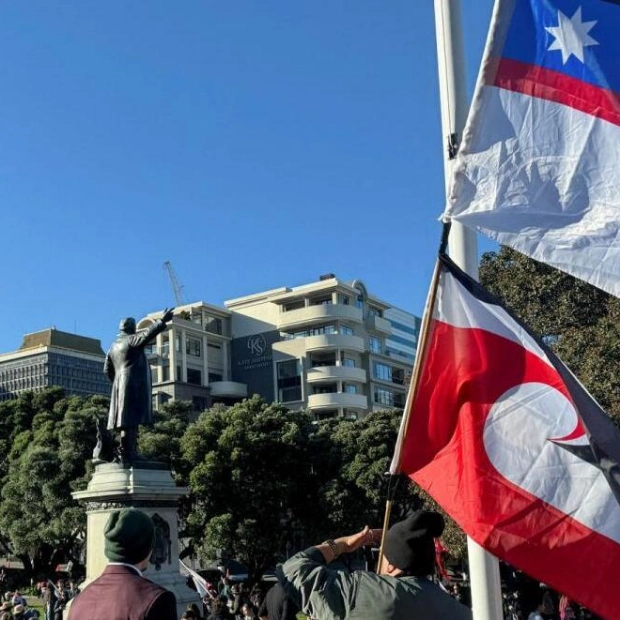The kicking duel at Twickenham on Saturday is set to be crucial. South Africa has anticipated this scenario and is ready for it. England must not let down their guard. While the game might not be as visually appealing, the drive to win could intensify. Reflecting on last year's World Cup semi-final, the strategy becomes clear. I comprehend Steve Borthwick's selection of Freddie Steward, believing that his 6ft 5in stature and aerial prowess give England the best shot against South Africa. The recent clampdown by World Rugby on escorts has increased the number of contestable kicks, impacting these autumn Tests. England seems to be using this to justify their kicking strategy. In the 2023 Six Nations, England averaged 40 kicks, the highest among all nations. This trend has been ongoing for a while. A directive favoring kicking appears to suit them, yet they seem disappointed, possibly aware that this style may not be universally appreciated.
Steward's role is vital both in attack and defense. His presence provides security, efficiency, and the ability to clear lines effectively. In attack, the key question is what England will do if they regain possession. Will they excel in transition? Joseph-Aukuso Suaalii's impact for Australia last week, especially from kick-offs, was noteworthy. At Harlequins, we changed our kicking approach, focusing on competing for the ball. This strategy brought success, allowing us to capitalize on broken-field play. I hope to see England build on their attacking execution rather than kicking again after regaining possession.
For South Africa, the clampdown by World Rugby doesn't alter much. They have been kicking effectively since before their 2019 World Cup win. They will face less protection but have a better chance to regain possession. I support this change, as it restores fairness to the game. Previously, kicks were not truly contestable due to excessive protection. This might lead to more knock-ons, unstructured play, and scrums, but South Africa should handle it well. Coaches' opinions are naturally influenced by how law amendments affect their teams.
Looking back at last year's World Cup semi-final, England surprised South Africa with their physical approach. This won't be repeated on Saturday. England's selection is evident. I'm more intrigued by South Africa's choice of Manie Libbok at fly-half. This feels like an emotional decision, a redemption for Libbok after being substituted early in the semi-final. Rassie Erasmus's trust in Libbok is clear. Handré Pollard knows England's players well, especially Steward. Erasmus is willing to take risks, and I'd trust his judgment.
Erasmus is a coaching genius, fostering belief, unity, and competition. South Africa, in their current form, ranks alongside the 2015 All Blacks as the most complete teams. Their world-class basics—scrum, lineout, kick chase, and defense—ensure a good chance of success. Scotland's bewilderment last week, losing by a large margin without scoring, exemplifies how top teams can dominate. This sets the stage for a thrilling rivalry on Saturday, intensified by the presence of the world champions and the underlying animosity.
Source link: https://www.theguardian.com






